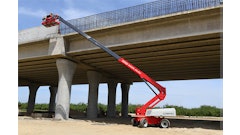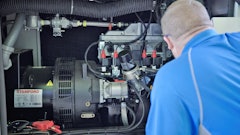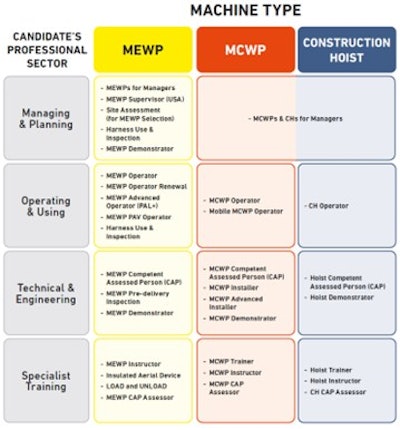
Over the past five years, the training IPAF has created has undergone a significant shift. All training created after 2017 utilizes the very latest in learning methodologies and neuroscience to ensure that the learner’s experience is enjoyable and that the knowledge is effectively retained.
In its most basic form, the training follows a simple fundamental principle of engage, build and consolidate, where the learner is first engaged in the information using a range of methods that tap into previous knowledge and experience. New knowledge is then able to be added to this existing knowledge, and following that, consolidation allows the knowledge to be moved from the short-term working memory and stored in the long-term memory for easy access and retention.
Range of training
IPAF is best known for MEWP training but also now offers comprehensive training for mast climbing work platforms (MCWPs). The huge growth in the use of MCWPs in construction as an efficient and safe way for multiple operators to work from a single machine has seen a demand for professional, effective operator training. The demand for a specific qualification for those who install and demonstrate these machines has caused the industry to come together to create this comprehensive suite of MCWP-specific courses.
Construction hoist training is following a similar arc of demand, again driven by growth in the use of these types of machines and the need to train the operators of the equipment in the basics of operation, auxiliary lowering and pre-use inspection. IPAF’s suite of training for construction hoists is currently being extended to incorporate both Installer and Advanced Installer.
The latest training for MCWPs and hoists is the MCWP and hoists for managers training program. This unique combination covering two different types of equipment that are used for different tasks allows managers, planners, supervisors and safety professionals to gain the understanding they need in a single course.
The future is digital
IPAFs ePAL digital PAL card app is proving extremely successful. Within the app, there is a digital safety guide, log book for recording equipment time and the option to quickly and anonymously report incidents, including serious accidents and near misses.
Building on this digitization, IPAF training and testing will be moving to a digital methodology by the end of 2022, which will see examinations taken digitally to allow training candidates to change the size of the fonts, choose the language that suits them and even hear the questions spoken out loud.
Following training, the whole training course assessment can be uploaded in a single click, cutting back-office admin time hugely. With qualifications now delivered digitally into the ePAL app, the amount of time, paper and plastic involved in issuing an IPAF PAL Card is greatly reduced, in line with IPAF’s ongoing sustainability drive.


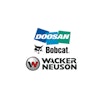

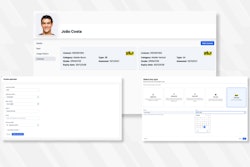
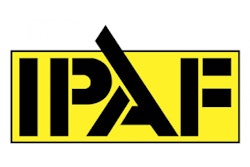
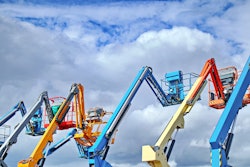
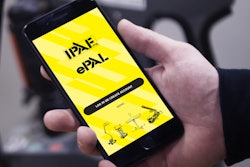



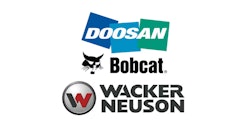

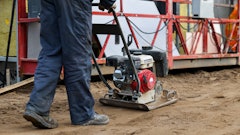

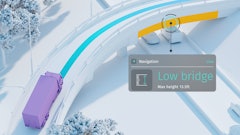


![Building Angled Sm Edit 6050b8d213f1b[1]](https://img.forconstructionpros.com/mindful/acbm/workspaces/default/uploads/2025/09/building-angled-sm-edit6050b8d213f1b1.Ygq5aAos3b.png?ar=16%3A9&auto=format%2Ccompress&crop=focalpoint&fit=crop&fp-x=0.53&fp-y=0.23&fp-z=2&h=135&q=70&w=240)
